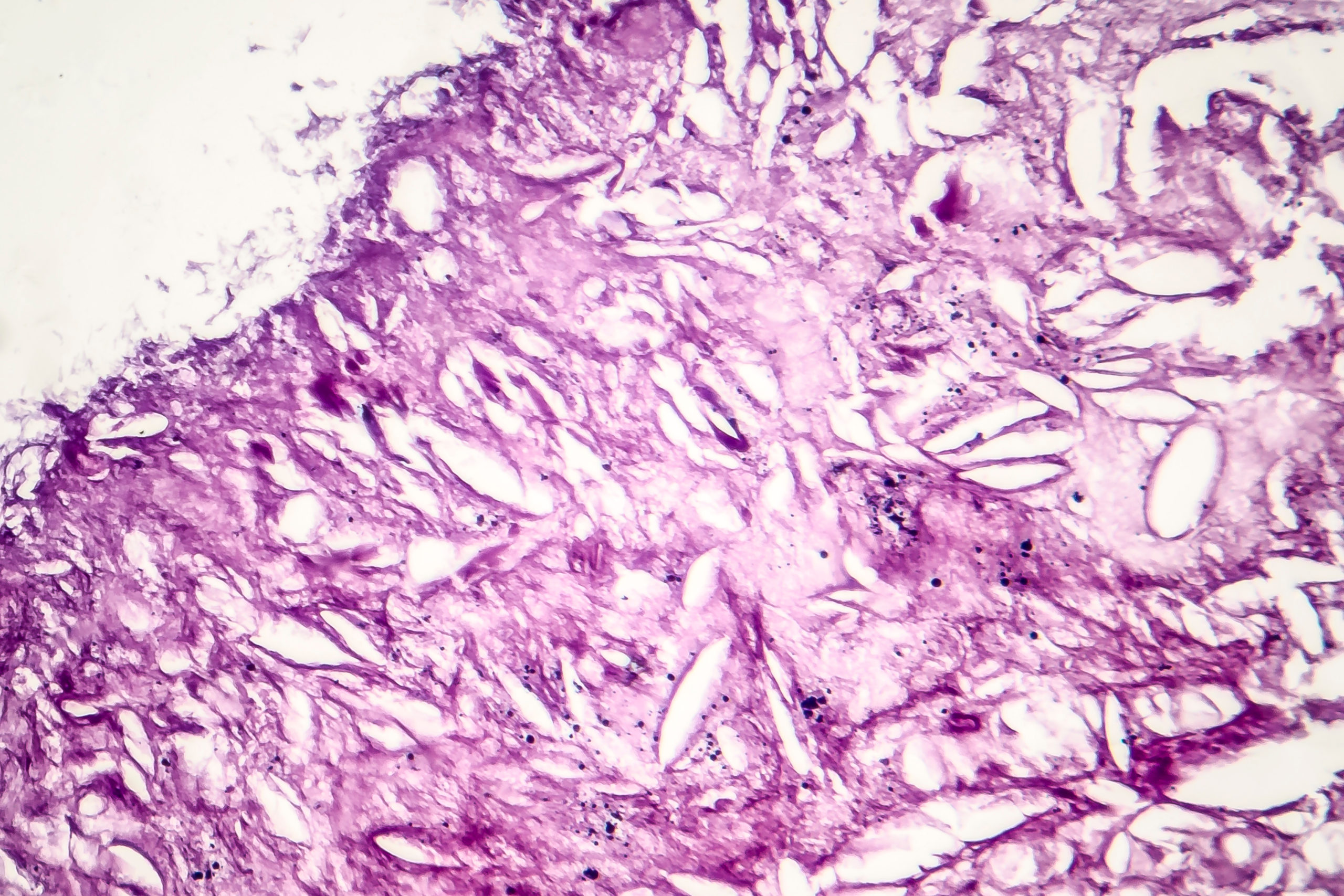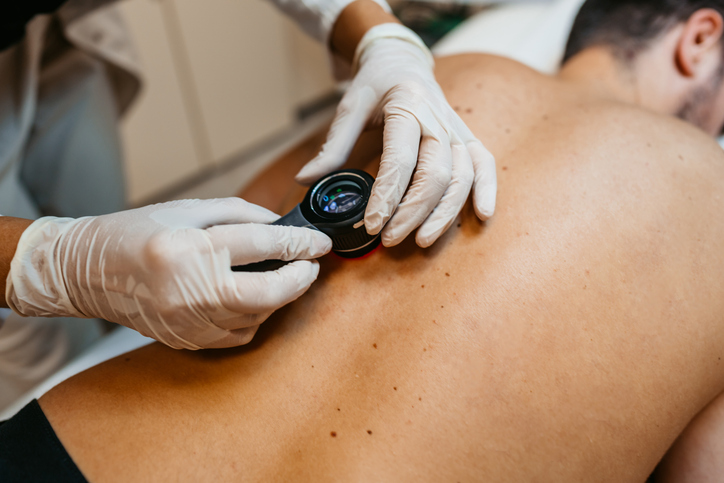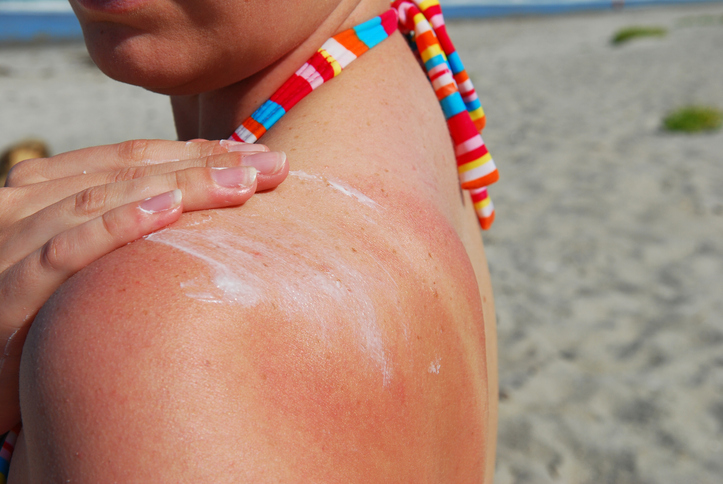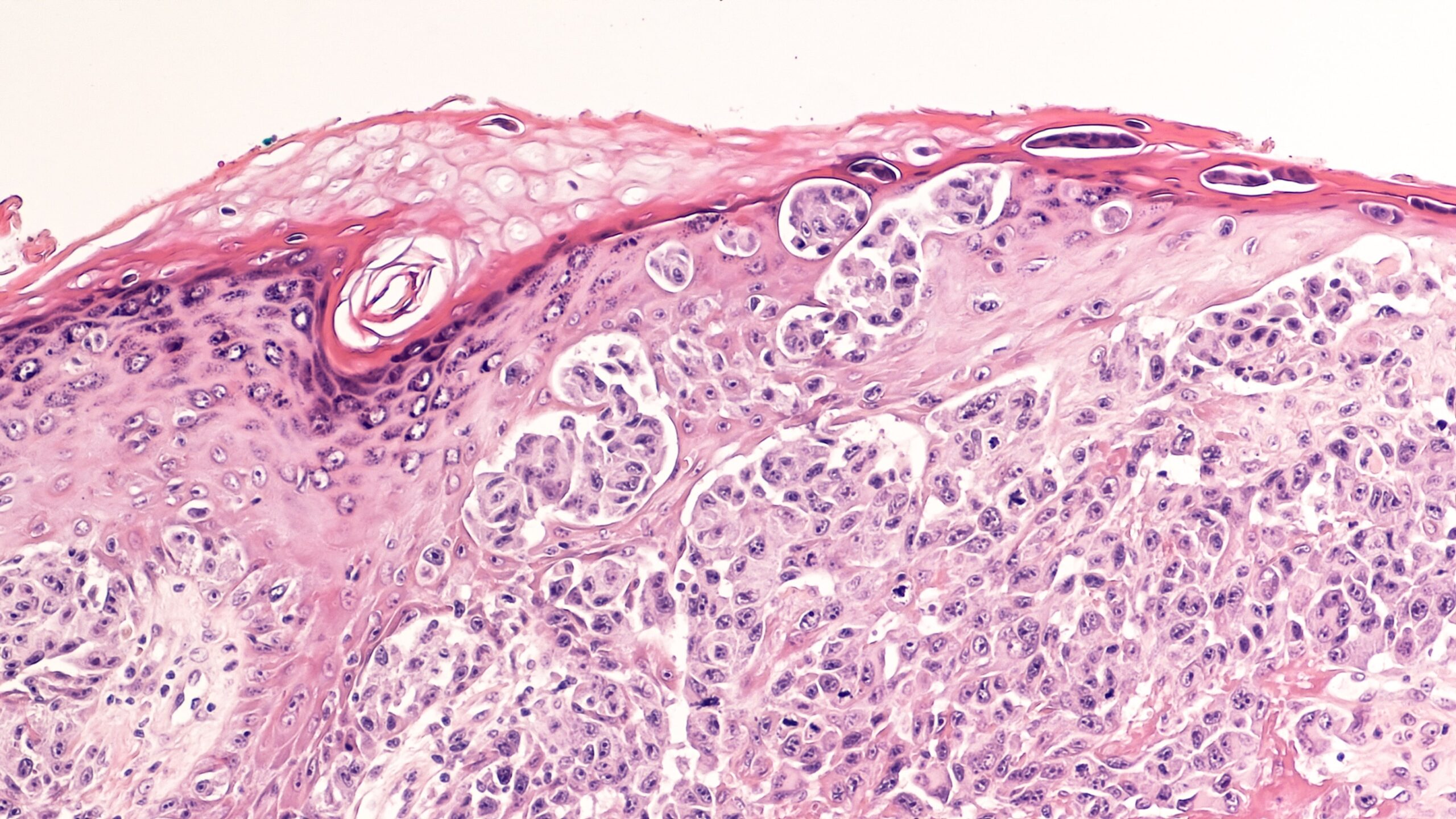
In a recent article, published in the Journal of Cancer Research and Clinical Oncology, researchers examined the protein expression levels of DNA mismatch repair (MMR) proteins in patients with cutaneous melanoma (CM), the most common type of skin cancer, who were undergoing immune checkpoint inhibitor (ICI) therapy. Lead author, T. Gambichler, and colleagues from Ruhr-University Bochum in Bochum, Germany, observed reduced MMR protein expression levels in patients with CM, and proposed that low expression “might predict favorable [best overall response (BOR)] in patients treated with ICI, as was observed for other entities.”
CM MMR Study Design
The study included a total of 50 patients with metastatic CM who were being treated with ICI therapeutic agents, including ipilimumab, nivolumab, and pembrolizumab. The expression levels of MMR proteins MLH1, MSH2, MSH6, and PMS2 were measured via immunohistochemistry on tumor tissue samples. Reduced expression of the proteins was defined as nuclear expression in less than 80% of tumor cells.
CM Immunohistochemistry Results
In the trial, the BOR rate to the ICI therapies in patients with CM was 48% (24/50). Reduced MMR protein expression was observed in eight patients (16%). According to the study’s authors, “compared to other clinical parameters, baseline neutrophil/lymphocyte ratio and reduced intratumoral MMR protein expression (p = 0.0033) were determined as the only parameters significantly associated with favorable BOR.” They specified, however, that reduced MMR protein expression did not maintain statistical significance in their multivariate analyses of their small study population.
Conclusions
In closing, the authors described that “reduced MMR protein expression is not uncommon in CM,” and they further proposed that it “might be a predictor for improved response to treatment with ICI.” Given their study’s limitations, though, they acknowledged that their findings require validation in larger cutaneous melanoma studies.
Read more of the latest research at Docwire’s Skin Cancer Resource Center.






 © 2025 Mashup Media, LLC, a Formedics Property. All Rights Reserved.
© 2025 Mashup Media, LLC, a Formedics Property. All Rights Reserved.